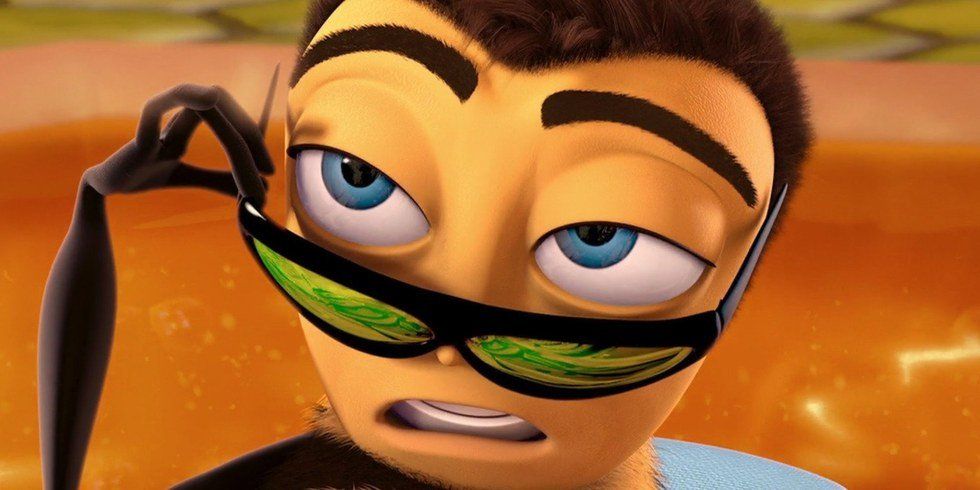Hey everyone, thanks for coming back to my site; now let’s start talking about the world ending. Some people are afraid of bugs and germs, and there is a little merit to this. Ever imagine that bugs and germs would be the end of the world? Well, bees are dying, bacteria are becoming super-powered, and yet we still eagerly drool at fast cars and beautiful movie stars. While people attribute the world ending to global warming, Mayan calendars, asteroids, rising oceans and zombie outbreaks, I believe our world could end in a much more subtle, yet equally terrifying way that most people aren’t aware of.
Let’s talk about the death of bees and how this could actually end the world. Seriously, people laugh, but bees dying is a huge issue. Sure, they make honey and that’s nice and sweet, but they are the reason we have food at all, and whole colonies are dying at an alarming rate. I mean, have you actually taken the time to think where any of your food comes from? Okay, let’s say you have a nice meal of steak, corn and orange juice. So the corn and oranges got pollinated, but how did the bee have anything to do with making the steak? Well, since cows are herbivores, all of the food they eat comes from plants. Without proper nutrition, cows can’t produce milk and soon products like steak, brie and Chobani will cease to exist. Most plants exist as they are because they co-evolved to reproduce with bees and other pollinators.
Now, while a life without delicious steak and yogurt might have you frightened, why is this happening? Well, bees are practically clones of each other and have little genetic diversity. This means that they have little resistance to diseases and parasites that may affect them because if one of them gets sick, the entire colony is susceptible. Pesticides used to prevent insects from damaging crops can also be bad for bees. Not only that, but the way honey is harvested is extremely stressful to the bees, as they are pelted with chemicals. This is why “U.S. beekeepers reported losing 42.1 percent of the total number of colonies managed from April 2014 through April 2015”[1]. As more and more bees die due to parasites, pesticides and disease, our food will slowly become more and more expensive and inaccessible, slowly destroying our economy and way of life. Worst case scenario, we could live in a world where there is not enough food for anything to survive and anything that doesn’t live under the ocean would experience cataclysm without the bees.
Our planet is seriously at a fragile point and we need to not only have an active dialogue, but also meaningful change. It brought me joy recently to see that Cheerios has an initiative to help the bees. It's important to realize that everything on this planet is interconnected and affects each other; for example, cutting a tree in the Amazon can affect how much rain that California gets in a year. Bees are a keystone species and the future of the planet depends on whether we put in the effort to save them so everything else may survive.
In my next apocalyptic article, I'll talk about how my germaphobic mom was always right to yell at me about how not washing my hands will end the world. :3
1: "U.S. Honeybee Population Plummets by More Than 40%, USDA Finds."





















